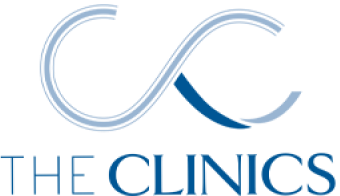
Fungal Infections
A fungal skin infection occurs when fungi grow excessively on the skin, causing redness, itching, flaking, or irritation. These infections thrive in warm, moist areas and can spread through direct contact or shared surfaces.

What is Fungal Infection Treatment?
A fungal skin infection occurs when fungi grow excessively on the skin, causing redness, itching, flaking, or irritation. These infections thrive in warm, moist areas and can spread through direct contact or shared surfaces.
Common types include athlete’s foot, ringworm, and yeast infections. While often mild, they can cause discomfort and require treatment, typically with topical antifungal creams or ointments, to restore skin health and prevent further spread.
Fungal infection treatment involves using dermatologist-prescribed medications known as topical antifungal therapy. These can be an antifungal cream or ointment to directly target and eliminate fungal growth.

Fungal Infection Treatment Quick Facts:
| Cost of Fungal Infection Treatment | tbd |
|---|---|
| Duration of Treatment | 2-6 weeks |
| Days of Social Downtime | None |
| How Long It Lasts | Permanent |
| Pain Management | None |
| Home Care Instructions | Avoid sun exposure and active ingredients in the treatment area. |
| No. Of Sessions Required | Use medication as prescribed. |
| Final Results | Permanent removal of fungal infection |

Fungal Infection Treatment Benefits
Effective fungal skin treatment offers a variety of benefits that go beyond just clearing up the infection:
- Quick Relief from Symptoms: Treatments alleviate uncomfortable itching, redness, and irritation caused by fungal rashes, providing immediate comfort and improved quality of life.
- Prevention of Spread: Topical antifungal agents stop infections from worsening or spreading to other parts of the body or to other individuals, reducing the risk of further complications.
- Targeted Action: Dermatologist-prescribed medications are specifically formulated to combat the exact type of fungus causing the infection, ensuring precise and effective results.
- Improved Skin Health: Consistent use of antifungal creams not only clears the infection but also restores the skin’s natural balance, reduces discoloration, and helps it look and feel healthier over time.
Types of Fungal Infections Treated
Fungal infections can affect different areas of the body, and treatments are tailored to the type of infection. Common conditions include:

Athlete’s Foot (Tinea Pedis)
Characterized by itching, peeling, and redness between the toes; treated effectively with athlete’s foot creams.

Ringworm (Tinea Corporis)
A fungal rash treatment for this circular, red rash often involves specialized antifungal ointments.

Yeast Infections (Candidiasis)
Topical solutions address yeast overgrowth on the skin, providing relief and promoting healing.

Nail Fungus (Onychomycosis)
Although topical treatments are less effective for nails, some mild cases may respond to antifungal applications.

Tinea Versicolor
A condition causing discolored patches on the skin, which can be managed with dermatologist-prescribed antifungal therapies.
ELEGIBILITY Who is a Good Candidate
Fungal infection treatment is ideal for individuals experiencing symptoms such as persistent itching, redness, or scaly patches on the skin. It is particularly suitable for those dealing with conditions like athlete’s foot, ringworm, or other fungal skin infections. Additionally, it is recommended for patients who have not responded to over-the-counter treatments and require dermatologist-prescribed medication.
We invite you to book a consultation with one of our Dermatology experts to learn more about fungal infection treatment and if it’s right for you.




